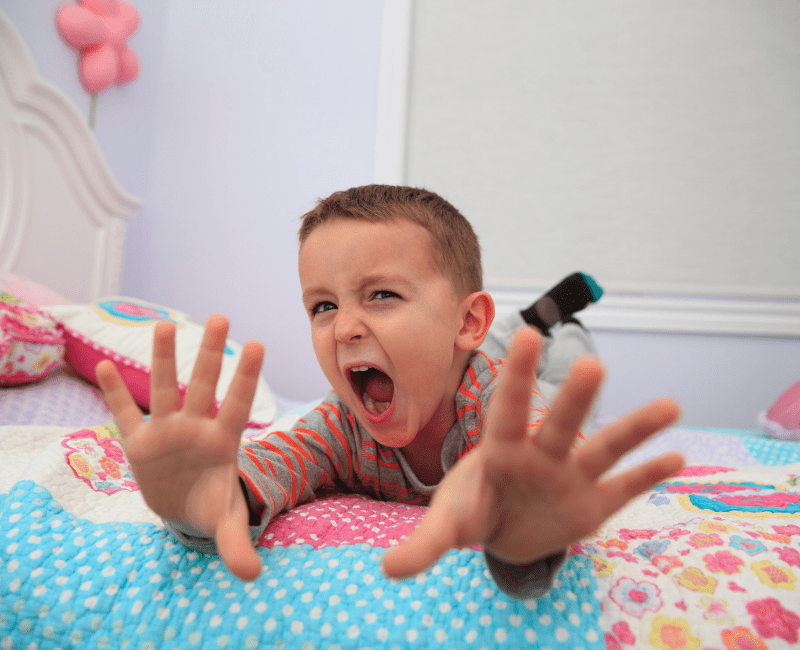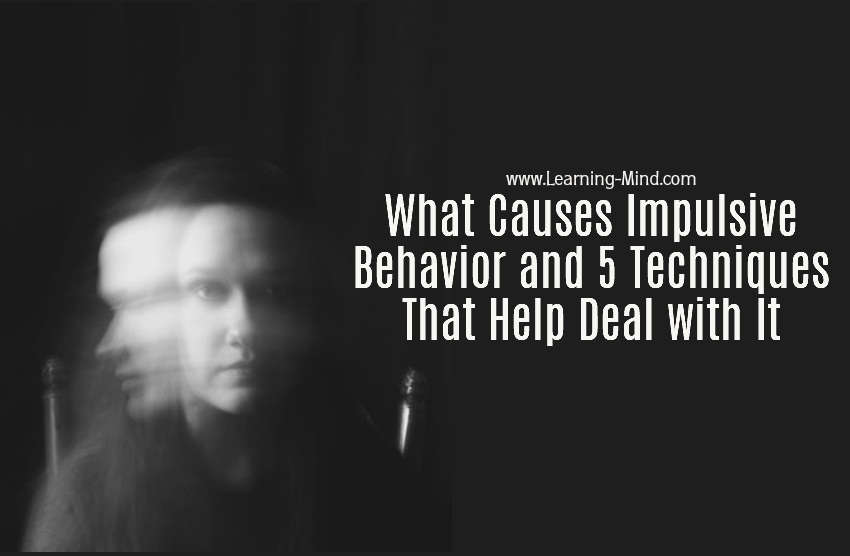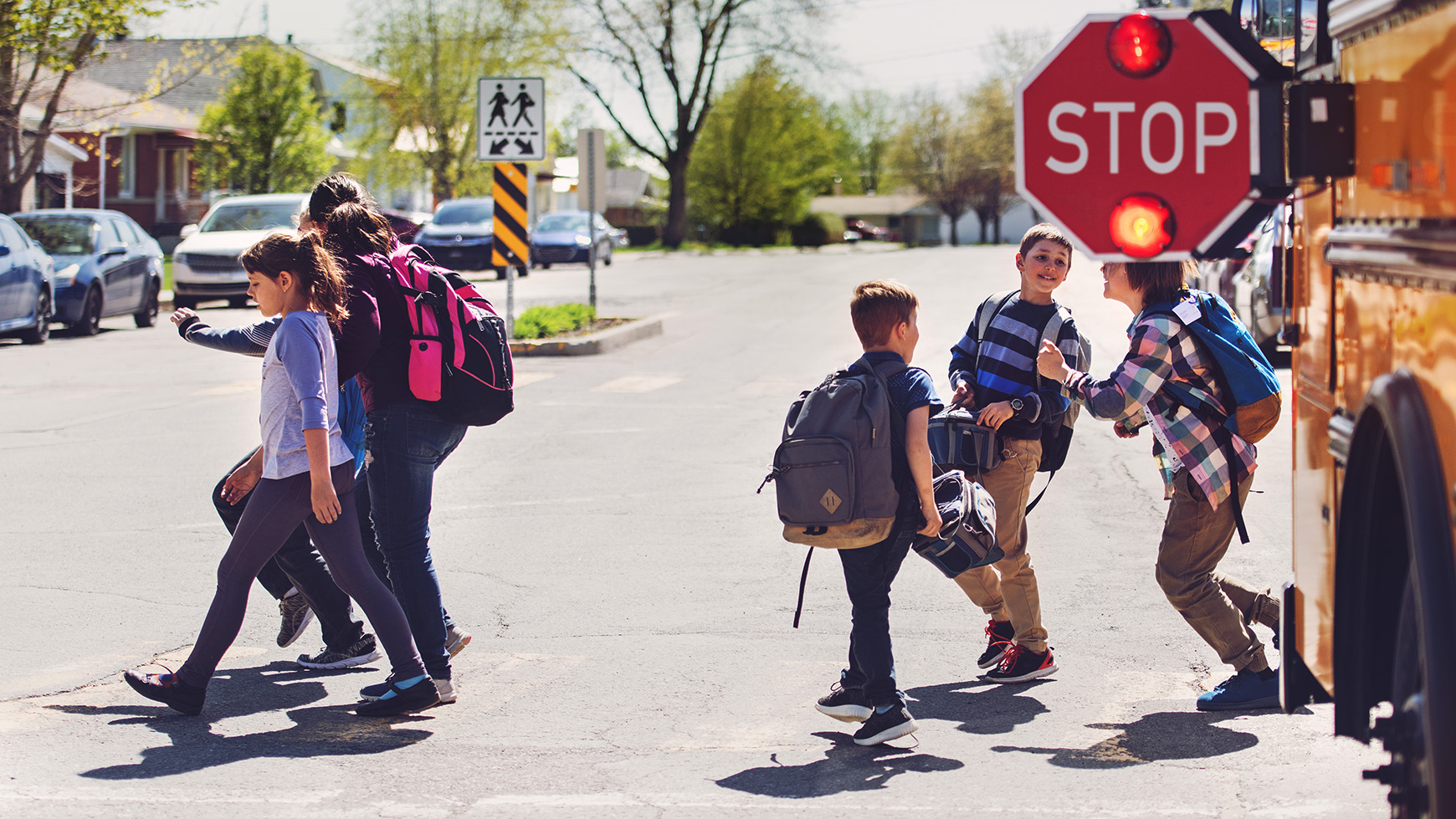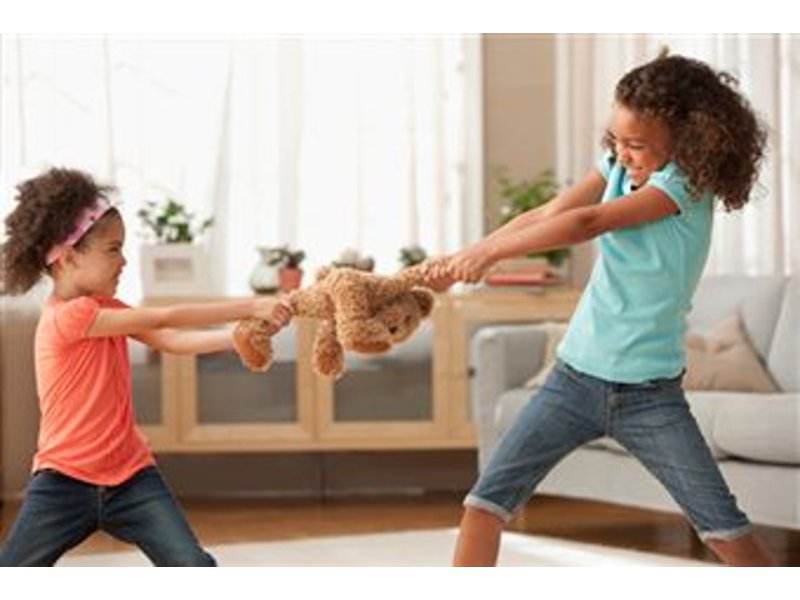Best Tips About How To Deal With Impulsive Children

Other adhd symptoms to watch out for are:
How to deal with impulsive children. You can’t teach impulse control without learning how to teach children about their emotions. Another red flag is if kids can’t make friends because of how they act. A good way to start is by talking to your health care provider.
Delayed gratification might be their biggest challenge during childhood, but it’s also an essential skill for their growth. Let’s put ourselves in the following situation. We’ve got to be able to experience one emotion at a time, just like in the eyes, one set of signals at a time until the signals mix and then we have depth vision.
Or a child who feels angry might push their friend. In the article below, we’ll offer 3 keys to dealing with impulsive children to help them calm down and reflect on their actions and reactions. If necessary, they can refer you to a mental health specialist.
Is anyone hurt or going to get hurt? Impulsive behavior can sometimes be dangerous. Parents of impulsive children need a game plan as a psychologist specializing in ad/hd, a large chunk of my clinical time is spent treating impulsivity in children between the ages of 6 to 12.
Learning to pause can go a long way towards helping your child to reduce impulsive behaviors. Being aware of the different factors that influence impulsivity in children can make it easier to deal with it. Not every type of impulsive behavior points toward a mental health condition or exceptionality.
How to cope with impulse control issues in kids and adults symptoms related conditions how to cope treatments when to see a doctor takeaway impulse control issues refer to the difficulty. Impulse control strategies for kids:
As they grow, children develop the ability to regulate emotions and behaviors, and to understand the consequences of their actions. How does impulsivity relate to child mental health and development? 9 impulse control strategies for kids 1.
They break things all the time and bump into people constantly. Quick tip 2 take a moment to regroup. Here are some resources to consider:
If no one wants to sit or play with your child, you need to understand why. If so, call for help or intervene immediately. Read this parenting advice for teaching impulse control in children.
You are always saying, wait! Lockhart, psyd, abpp impulse control can be a challenge—and developmentally appropriate—for many kids, particularly little ones. Could this be a sign that you’re dealing with adhd or some other condition?












/138709877-56a59d733df78cf7728915b7.jpg)



/adhd-symptom-spotlight-emotional-dysregulation-5219946_final-3d0d68a04763430897aed85e65943094.png)

